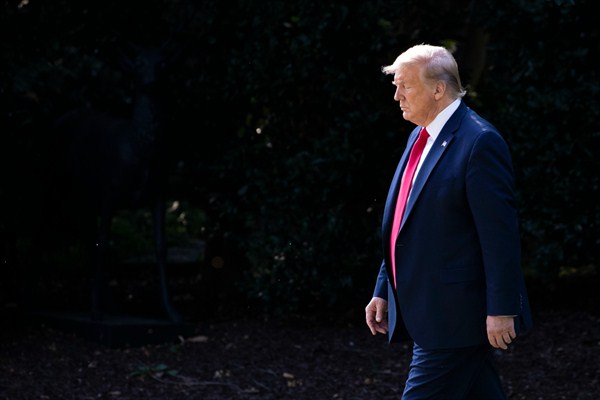It’s still too early to say who is responsible for the attack Saturday on two Saudi oil facilities, or what the U.S. response to the incident will be. President Donald Trump and his administration have so far offered mixed messages on both the attribution of the attack, apparently launched with drones and cruise missiles, and possible repercussions. Secretary of State Mike Pompeo and intelligence officials have pinned the blame directly on Iran, although so far both the satellite imagery they have provided to the media and the available open source information on the attack are inconclusive. Trump himself first described the U.S. as being “locked and loaded,” suggesting a military riposte was imminent, before subsequently stating he still hoped to avoid a conflict with Iran.
The attack and the reaction in Washington are already instructive, however, for what they reveal about both the fundamental flaws of the current U.S. posture in the Middle East and beyond, and the difficulties a U.S. president will face in trying to walk that posture back to one based on restraint.
The attack on the facilities in Khurais and Abqaiq in eastern Saudi Arabia is certainly a major development on any number of fronts. It resulted in the largest disruption of the global oil market ever recorded, removing 5.7 million barrels per day, or more than 6 percent of global production, from circulation. The Houthis in Yemen have claimed responsibility for the attack, but given the precision and range required to successfully target the facilities from Yemen, that strains credulity. If the Iranians are directly or indirectly responsible, as seems most plausible, it represents a major escalation in Tehran’s campaign of imposing costs on the U.S. and its regional partners for Trump’s decision to reimpose crippling sanctions on Iran’s oil sector.

